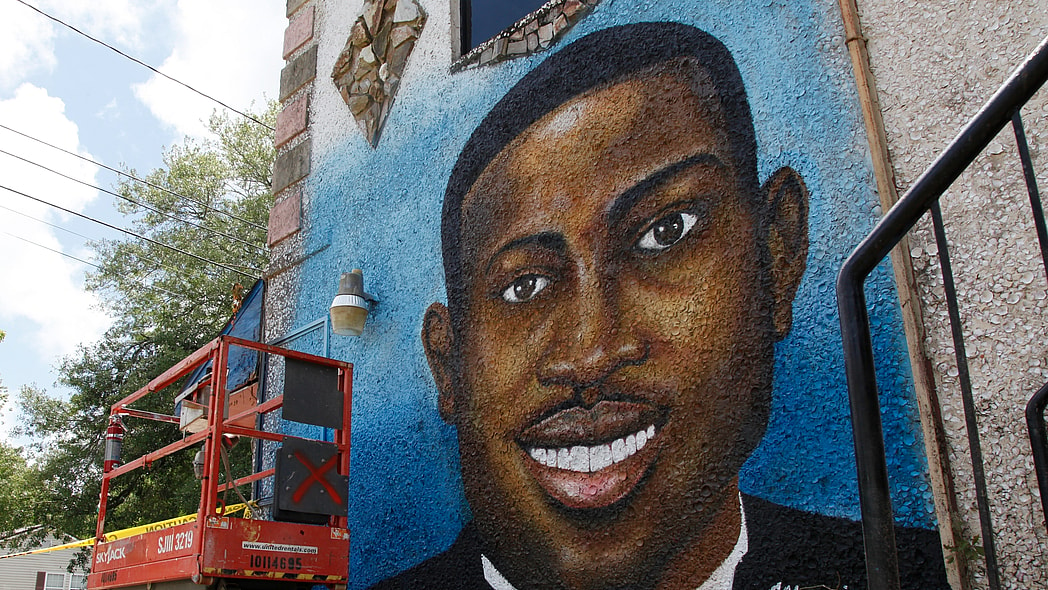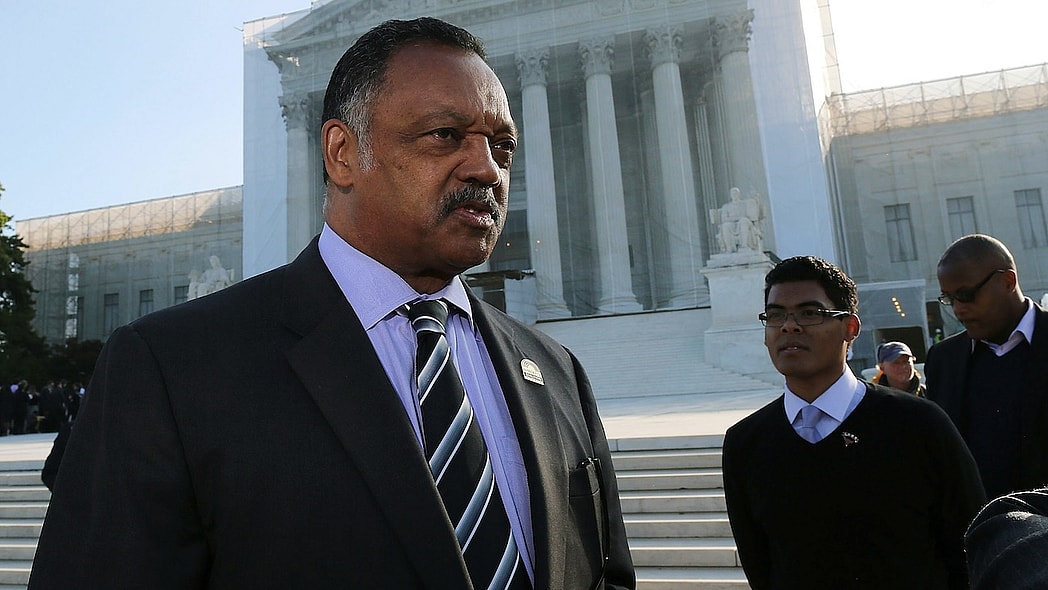“No means no.” Whether you first heard this expression in your household or grade school, it emphasized the power of the word no. However, as time goes on and people grow into adults, the idea of saying no becomes more and more daunting. A behavioral study examining the ramifications of saying no found that many people just find it difficult to say the two-letter word. The study specifically focused on the context of invitations.
“We found that 77% of respondents had accepted an invitation to a social activity that they did not want to attend because they were concerned about the negative ramifications that would have emerged had they declined,” the study reads.
Today, many people’s actions mirror those of the study’s participants. Another study revealed that 58% of Americans struggle to say no. Whether you’re afraid to hurt someone’s feelings or being perceived as rude, the fact is the inability to say no represents a lack of boundaries.
“Life is filled with lots of choices, and I think of boundaries as choices,” Nedra Glover Tawwab told CNN. “People will always want you to do something. If we always do what people want us to do, we will be very busy.”
Tawwab, the author of “Set Boundaries, Find Peace,” explained that setting boundaries goes beyond just saying no. She addressed the topic during an appearance on theGrio’s “Writing Black” podcast.
“The work of boundaries is not just this thing of, ‘Oh my gosh, I need to say no.’ It’s so much more,” Tawwab told theGrio. “[Setting boundaries is ] also not inviting problematic people to your event. It’s also not telling business that you don’t want to be shared with everyone. It’s also closing your laptop when you no longer want to work. There are so many things that are about boundaries that maybe we [haven’t had] the information about until now.”
Recommended Stories
Though saying no is not the ultimate solution to setting boundaries, it is a first step. By saying no you are declining someone’s request for your time, energy, or resources, but more importantly, you’re saying yes to yourself and your mental health. Though it may feel uncomfortable in that moment, the repercussions of saying yes by default are far worse. Not saying no can cause:
Elevated stress and anxiety
Neglecting to set those crucial boundaries can turn your chill zone into a stress fest. Imagine a constant barrage of demands disrupting your peace, leading to serious stress and anxiety taking center stage.
Emotional energy drain
If you’ve ever felt like your emotional tank is running on empty, skipping the boundary-setting step might be the culprit. Giving your all without limits can leave you emotionally tapped out, like your favorite playlist on repeat but with no recharge in sight.
Self-esteem struggles
Forget about self-love and enter the arena of diminished self-esteem. When you’re not asserting your needs and vibes, it’s a one-way ticket to doubting your own worth. It’s time to reclaim your narrative and set those boundaries – your self-esteem will thank you later
Never miss a beat: Get our daily stories straight to your inbox with theGrio’s newsletter.










